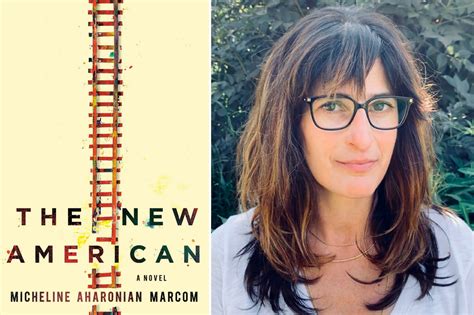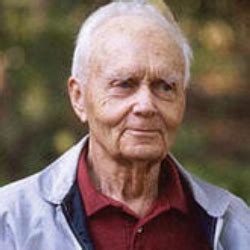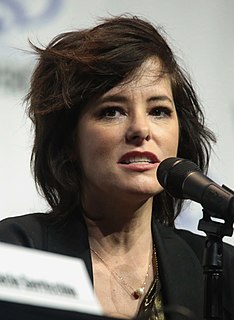A Quote by Northrop Frye
Popular art is normally decried as vulgar by the cultivated people of its time; then it loses favor with its original audience as a new generation grows up; then it begins to merge into the softer lighting of
Related Quotes
I so think it's limiting to define an audience ahead of time. This is something I've brought on myself by being like, 'There are no 'real' teen publications! That's what I'll do!' But then it's like, well, if I want 'Rookie' to be successful and popular, then people will invalidate the realness by saying it's popular and mainstream.
The way I make art - the way a lot of people make art - is as an extension of language and communication, where references are incredibly important. It's about making a work that is inspired by something preexisting but changes it to have a new value and meaning that doesn't in any way take away from the original - and, in fact, might provide the original with a second life or a new audience.
It was funny how the old practices always came around again. It was the rhythm of human enterprise to invent and worship some new approach, to fully reject it a generation later, to realize the need for it again a generation or two after that and then hastily reinvent it as new, usually without its original elegance. Scientists hated to look backward for anything.
I really look up to Louis C.K. I think he's great. And obviously he's very popular, more popular than me. Years ago, I was thinking, naively, it would be great to be that popular. And then I thought about it and then I realized that, with his money and his level of notoriety, he has all of the same emotions that I do.
There was rarely an obvious branching point in a person's life. People changed slowly, over time. You didn't take on step, then find yourself in a completely new location. You first took a little step off a path to avoid some rocks. For a while, you walked alongside the path, but then you wandered out a little way to step on softer soil. Then you stopped paying attention as you drifted farther and farther away. Finally, you found yourself in the wrong city, wondering why the signs on the roadway hadn't led you better.
Part of the pleasure of giving a reading comes from the rapport between the audience and the poet. I don't want to get mystical here, but there's an energy flow that begins with the poet, and the energy goes out to the audience, and they're energized, and then they return that energy to the poet. As someone standing up there alone, facing these people, I can feel that rapport (or its absence).



































